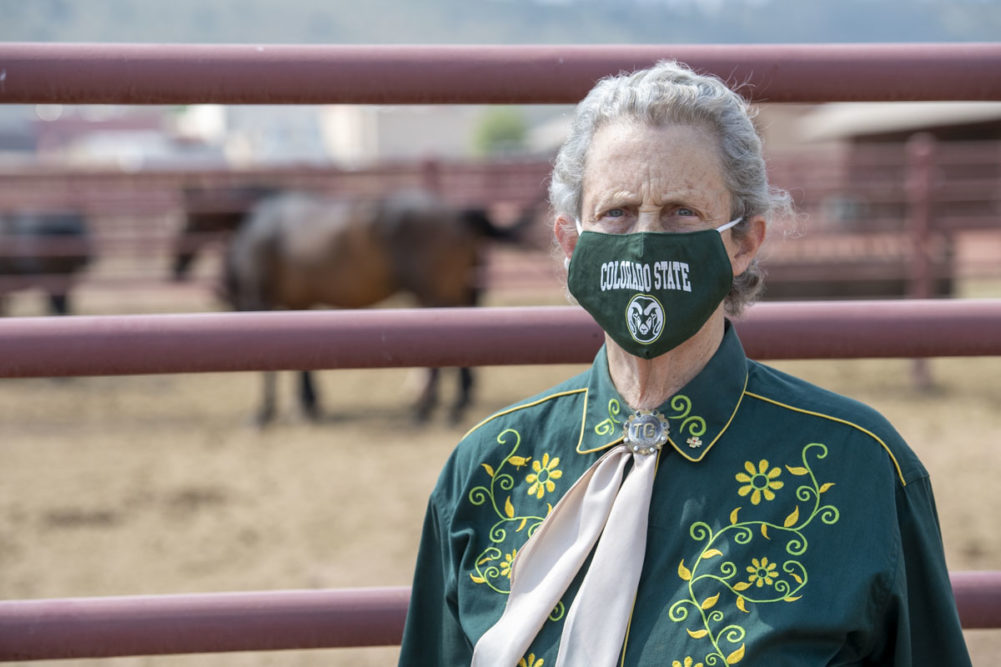Moving to a virtual world in the middle of March was a big learning experience. Prior to COVID-19, I was traveling 85% of the time and flying to as many as three different airports each week. Since the middle of March, all my travel for both in-person speaking or consulting has been cancelled and many of the events became virtual.
During spring break, I had one week to get my livestock handling class online. I quickly learned what works and what does not work. On systems such as Zoom and Microsoft Teams it is easy to facilitate plenty of questions. Both students and industry people are often intimidated to verbally ask a question, but they are much more willing to type questions. In my own class, I have found that pre-recorded lectures should be viewed as homework and the class period should be reserved for discussion. When I do a live lecture online, I often stop to answer the questions that I see in the chat feed. This helps keep the attention of viewers.
I have participated in some very successful international virtual sessions in both animal welfare and autism. Zoom software now makes it possible to do simultaneous translation. I have participated in conferences originating from England, Ireland and South America on Zoom. This is the good side of virtual. It enables much wider distribution of content.
Collette Kaster, who manages the Professional Animal Auditors Certification Organization (PAACO), was pleased with the first PAACO virtual poultry auditor training program held recently. There were participants from all around the world. It is also possible to have a greater number of participants in each class. For the tours, they showed videos of different laying hen and broiler operations. Organizers of scientific conferences have also found that their abstracts, posters and seminars have had wider reach virtually. I have also had the opportunity to troubleshoot some handling and stunning problems via video conferences. In both cases, we were able to solve the problems. One advantage when discussing a stunning issue was that it was possible to play a video clip over and over.
There are also many downsides to not having in-person meetings. The thing I miss the most is all the informal conversations with colleagues both at the university and in the industry. Many other people I have talked to share my opinion.
Fortunately, the meat industry was considered essential which kept our meat lab running at Colorado State University. This was also true for many other universities. For other hands-on classes, video does not completely replace experiences. There is no way to teach calving cows online. Unfortunately, many hands-on classes were cancelled. This has been a disappointment for many students. CSU is doing many small classes in person, but all the large classes are online.
I predict that after a COVID-19 vaccine becomes available, there may be less travel for conferences, business meetings and sales calls. Many people who can do their jobs at home are not eager to return full-time to the office. It is likely that many companies will adopt a hybrid model with some days at the office. People are social and they need to interact with each other. This helps explain why many recent outbreaks of COVID-19 have been traced back to large parties. It is human nature to hang out with other people.



